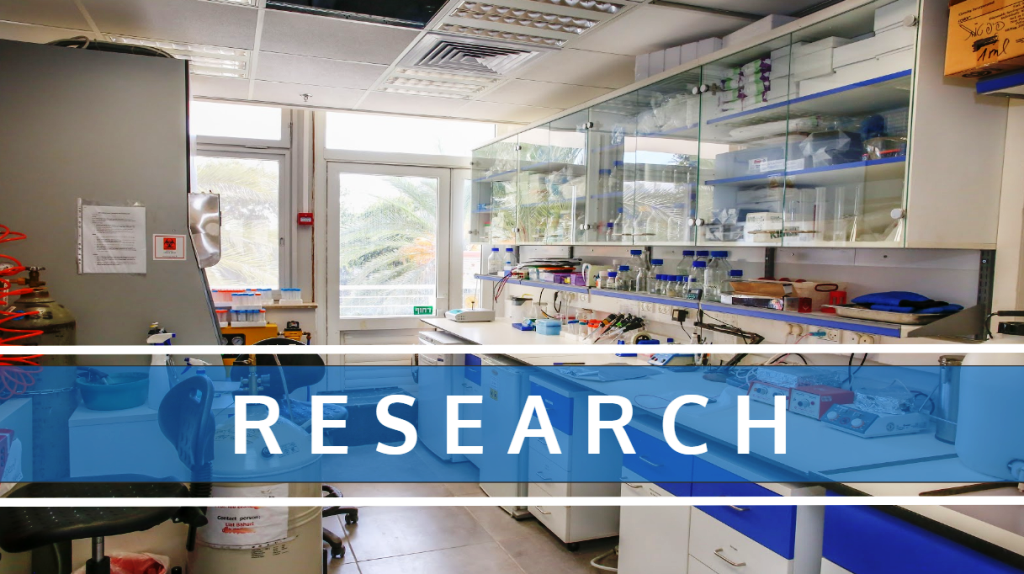Scientists Leverage Cellular Trash Cans to Unlock New Weapon Against Infections
Jerusalem, 3 April, 2025 (TPS-IL) -- In a groundbreaking study, Israeli researchers uncovered a way to leverage the body’s “cellular trash cans” to develop more precise treatments to combat infections.
Scientists at the Weizmann Institute in Rehovot discovered that proteasomes — the cellular “trash cans” responsible for degrading unwanted proteins — also generate antimicrobial peptides that protect the body from bacterial infections.
While proteasomes were already known to break down and recycle proteins, the study revealed that they also continuously produce antimicrobial peptides (AMPs) during the process of protein degradation. These peptides are a part of the innate immune system, offering a rapid, first-line defense against bacteria, viruses, and fungi.
The researchers, working in collaboration with scientists from the Hebrew University of Jerusalem, Bar-Ilan University, and the University of Illinois, discovered that these peptides are generated by proteasomes on an ongoing basis — and that their production increases during bacterial infections.
The findings, which could significantly change science’s approach to the treatment of infections, were recently published in the peer-reviewed Nature scientific journal.
“We looked at all the data we had collected broadly, and asked ourselves – could the breakdown products have another function, beyond presenting them to the immune system?” said Prof. Yifat Marbel who led the study.
The answer came in the form of AMPs, which have long been recognized as essential components of the immune system. However, it was previously unclear that these peptides were produced continuously by proteasomes as part of their regular protein degradation function. The study also found that bacterial infections trigger proteasomes to enter a “turbo” mode, prioritizing the creation of peptides that are particularly effective against bacteria.
One of the most promising practical applications of this discovery is in the development of new, natural-based treatments for bacterial infections. By harnessing the body’s own antimicrobial peptides, researchers believe they can create more targeted and safer therapies.
“Until now, we knew nothing about the connection between the products of the proteasome and these peptides,” Marbel explained. “Following the findings, we performed a comprehensive series of experiments that showed that proteasomes are central to this defense system.” These peptides, already produced by the body, could be used to treat infections without the side effects or resistance issues associated with traditional antibiotics.
Another key application is in personalized medicine for individuals with weakened immune systems, such as cancer patients or organ transplant recipients. Boosting antimicrobial peptides could help these patients fight infections more effectively, offering a safer and more efficient alternative to traditional treatments.
The study also identified more than 270,000 potential antimicrobial peptides hidden within proteins throughout the human body. This large pool of peptides could serve as a valuable resource for developing new treatments. By leveraging these peptides, researchers could create targeted therapies for specific bacterial infections, minimizing the need for broad-spectrum antibiotics that often cause harm to the body’s microbiome and contribute to antibiotic resistance.
The practical benefits of these findings were also demonstrated in live animal experiments, where treatment with antimicrobial peptides significantly reduced bacterial growth and protected mice from lung damage and sepsis.
“These findings were surprising on two levels,” said Marbel. “First, they showed that a peptide regularly produced by the body could address extreme bacterial threats when administered in high amounts. Second, the effectiveness of these peptides was comparable to treatment with a powerful antibiotic.”
The discovery that bacterial infections cause proteasomes to adjust the way they cut proteins — and prioritize the creation of antimicrobial peptides — offers a deeper understanding of how the body responds to pathogens and may have implications for a range of autoimmune diseases and cancer.
“This study highlights how technology development and basic research integrate with each other in ways that are sometimes unpredictable,” Prof. Marbel said. “Without the technology that allows us to look into the cellular trash cans, we could not have made this discovery. But when we developed the technology, we could not have imagined what we would find.”







